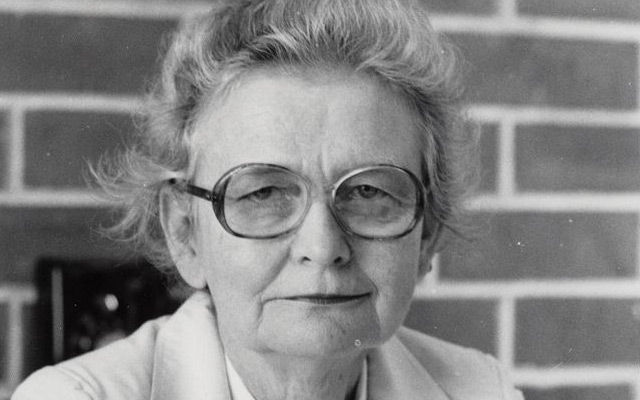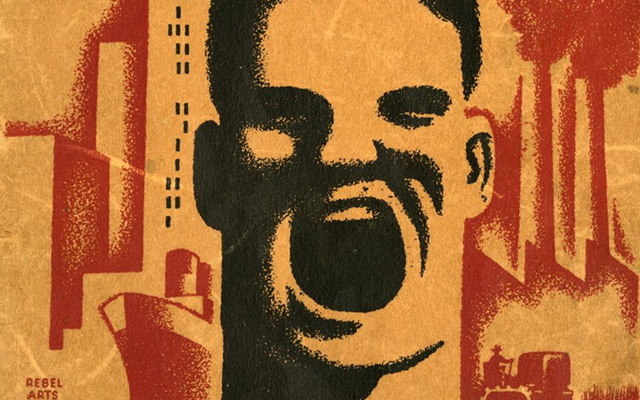[This text is machine generated and may contain errors.]
THE WHITE HOUSE
WASHINGTON
September 18, 1970
Dear Mr. Morgan:
The enclosed article by Dr. Sidney Hook is among the most cogent and compelling documents I have read on the question of campus violence. I comend it to your consideration, for I know that you share my deep interest in resolving the crucial problems which our colleges and universities are facing at this time.
The heart of the matter - and of Dr. Hook's thesis - is that the primary responsibility for maintaining a climate of free discussion and inquiry on the college campus rests with the academic community itself. As I said in my news conference in California in July, I hold this same point of View.
Thus it is with concern that I have noted as did Dr. Hook - the growing tendency of college administrators to place the primary blame for campus violence and disruption on the failure of government to solve all our major problems at home and abroad. I recognize that many deeply concerned students and faculty members disagree with governmental positions at the national, state and local level, but while government can and must accept and carry out its responsibilities in connection with policies which may be unpopular on college and university campuses, there can be no substitute for the acceptance of responsibility for order and discipline on campuses by college administrators and college faculty.
The university is a precious national asset, a place in American society where the rule of reason and not the rule of force must prevail. Those who cannot accept that rule of reason, those who resort to the rule of force, have no place on a college campus. Only when college administrators, faculties and students accept and act on these premises will all of our universities again be able to go about the vital and important work of preserving and expanding our cultural heritage and training the future leaders of America.
I would appreciate receiving the benefit of your views on this vitally important subject.
With my best wishes,
Sincerely,
Mr. Robert Burren Morgan
Attorney at Law
Lillington, North Carolina 27546












The letter above, from President Richard M. Nixon to North Carolina Attorney General Robert Morgan, cites the nationwide wave of campus violence and disorders that followed the United States invasion of Cambodia in the Spring of 1970. Nixon also enclosed a copy of an article by Dr. Sidney Hook, who was a professor of philosophy at New York University was also the author of a recently published work entitled Academic Freedom and Academic Anarchy on the condition of higher education in America. Hook adapted his article from his recent statement to the President’s Commission on Campus Disorders. Hook’s article criticized higher education administrators and faculty who had quickly called in police authorities and laid out an approach to resolving the issue of campus disorders by placing the primary initial responsibility on college administrators and faculties and relegated the use of force as a last resort. Endorsing Hook’s approach, Nixon solicited Morgan’s thoughts on the subject. Nixon was only the most prominent of the many political leaders who also consulted Morgan at this time. Senator John L. McClellan, chairman of the Committee on the Judiciary’s Subcommittee on Criminal Laws and Procedures, who wanted to gain his support for his preferred legislation entitled A Bill to prohibit the disruption of federally assisted institutions of higher education (Senate Bill 2677), which was also intended to deal with campus disorders also wrote urging that he testify at the upcoming hearings, and enclosing a copy of S.B. 2677. Both Nixon and McClellan probably knew that Morgan was considering running for the U. S. Senate when his term as Attorney General ended and were anticipating working with him in the future. Among the other items located in the same file were various versions of a February 1969 memo from Morgan to Governor Robert W. Scott of North Carolina suggested procedures for responding to the takeover of buildings at North Carolina state universities and colleges. Morgan included in the file advice from Dr. William Friday, of the University of North Carolina; Dexter Watts, of the Institute of Government at the University of North Carolina at Chapel Hill; and he even included an Open Letter to College Students from J. Edgar Hoover warning them against extremist, radical dissent. Despite Morgan’s support, McClellan’s bill did not become law. Four years later, Morgan did win a seat in the U. S. Senate and served until 1981.